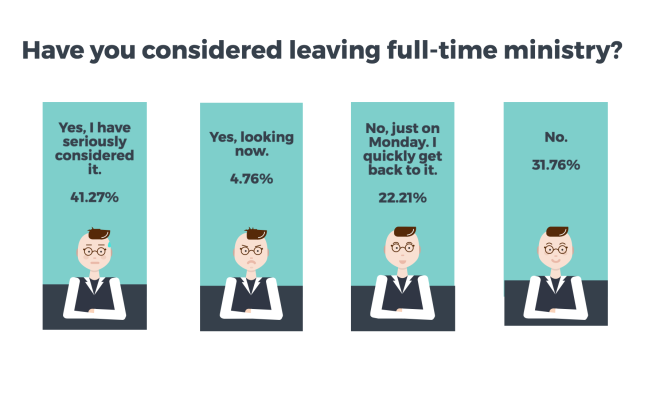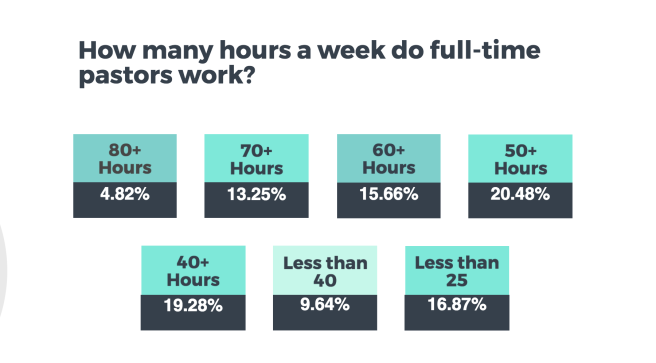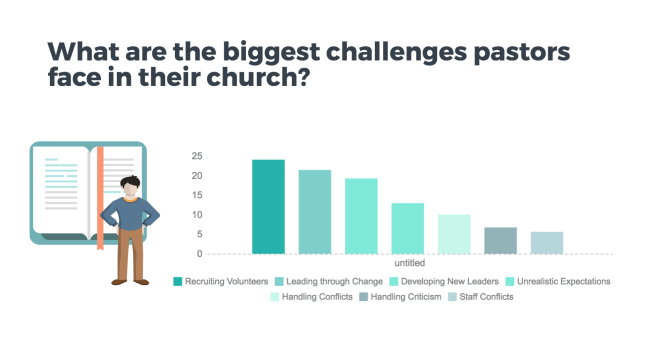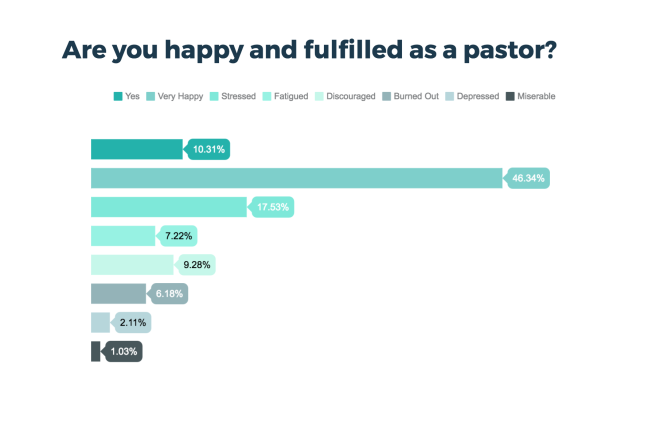It’s happened to everyone at one time or another. You engage with someone with the best of intentions but somehow it all goes sideways. Instead of trusting your motives or your actions, the very people you’re trying to help turn on you and rather than gratitude, you get grief. In his latest book, “When Good Samaritans Get Mugged”, New York Times best-selling author David R. Stokes imagines a re-telling of the Bible story in which the Good Samaritan himself is set upon and attacked after doing his good deed.
Because the problem is universal, the book offers practical insight for any Christian still smarting from an attack and unsure how to move forward. It’s critical that we learn to let go because left untreated, wounds will fester. Those hurts are one of the primary reasons people walk away from church.
That includes those in full-time ministry.
For individuals like Pastor Stokes, life in full time ministry isn’t so much a career as a calling. The word “pastor” itself comes from the Latin “pastorem” meaning “to feed; tend, guard, protect.” In other words, their mandate from God is to lead, guard and protect their flock through all of life’s challenges.
Stokes recalls returning to visit his seminary in the late 1990’s and seeing class pictures dating back to the school’s first graduating class. Looking at his own class, the class of 1977, he says, “I looked at this class of over 500 classmates, most of them training for ministry and I could pick out pictures of people I remembered. There was a story behind every face, because already by that time many people had dropped out of ministry, they had stopped serving… and it struck me, here they were trying to be Good Samaritans and they got mugged.”
 Source: ChurchLeadership.org – Statistics on Pastors – 2016 / Infographic: Tracey Dowdy
Source: ChurchLeadership.org – Statistics on Pastors – 2016 / Infographic: Tracey Dowdy
A life in full-time ministry is often a life of sacrifice. According to research by ChurchLeadership.org, 73% of pastors work 40 or more hours a week and of that number, just over 18% put in 70+ hours. While many say they are compensated fairly, a large number of respondents admitted to being on very tight budgets and some had picked up a second job in order to support their family.
 Source: ChurchLeadership.org – Statistics on Pastors – 2016 / Infographic: Tracey Dowdy
Source: ChurchLeadership.org – Statistics on Pastors – 2016 / Infographic: Tracey Dowdy
Arguably, an even greater challenge than schedules and finances is that of having to meet the expectations of the people they are called to serve. Like weathermen and professional athletes, ministry is a profession that seems to invite critique. Leadership, motives, and even family members are often held to the kind of scrutiny that causes many pastor’s kids to walk away from church once they leave home. Research by the Barna Group found that one-third of pastor’s kids age 15 or older are no longer active in church. Nearly half say it was because of the unrealistic expectations placed on them and their exposure to the negative aspects of the church.
Over 41% of the pastors who responded to ChurchLeadership.org’s study admitted to having considered leaving full-time ministry. Of that number, 18% will leave in search of a less stressful job, and the other 23% will push through and stay.
 Source: ChurchLeadership.org – Statistics on Pastors – 2016 / Infographic: Tracey Dowdy
Source: ChurchLeadership.org – Statistics on Pastors – 2016 / Infographic: Tracey Dowdy
Congregations are full of broken people, many unsure of how to heal their wounds. Hurting people hurt people, and sometimes that means lashing out at those who are trying to help.
Trent Kirkland, Senior Pastor at Zion Church in Clarion, Pennsylvania, knows first-hand what it feels like to have your motives and methods questioned and to have people you’ve spent years investing in turn on you. “You can’t change perception and you can’t pastor based on perception. Based on my experience a few years ago, it became very clear when all heck broke loose (in his ministry) that this was a perception issue. People who wanted me to live out their image of a pastor weren’t seeing that in me and it set them off and it gave them an opportunity to rally and do what they did. So, one of the things I’ve learned over the years is that you can’t pastor based on perception.”
According to Pastor Stokes, one of the problems is “that when things are good, you get an inordinate amount of the credit but, when things go wrong you’re the target of an inordinate amount of the blame.” The challenge then becomes to move past the hurt, and the anger, and be able to forgive. That’s not easy when the attack is personal. The question then becomes “How does the Good Samaritan move on when they’ve been left beaten and bloodied? How important is it to forgive?”
According to Kirkland, the answer is simple, but it’s not easy. “Forgive. There really is no other option. It’s either forgiveness or bitterness, it comes down to that. Forgiveness is a decision but it’s also a process. I’ve had to make the decision to forgive those who have lied and slandered and have been cruel to me in a way that I will never really understand. But just because you made that decision that doesn’t mean you still don’t struggle with feelings and that you still don’t have those moments of frustration and pain. The people that have done things to me have moved on. They’re living life, they’re sipping sweet tea on the back porch and they don’t think about me, so if I don’t want to be a prisoner to my past, I have to let go of them and let go of the situation and of the pain. I don’t know of any other option but forgiveness.”
 Source: ChurchLeadership.org – Statistics on Pastors – 2016 / Infographic: Tracey Dowdy
Source: ChurchLeadership.org – Statistics on Pastors – 2016 / Infographic: Tracey Dowdy
Despite all challenges, the majority of pastors who responded to the survey say they are happy and fulfilled. A full 90% said they feel honored to be a pastor and nearly 80% say that given the chance for a “do-over”, they would still choose a life in full-time ministry.
There really is hope and healing when Good Samaritans get mugged.
Share this:





